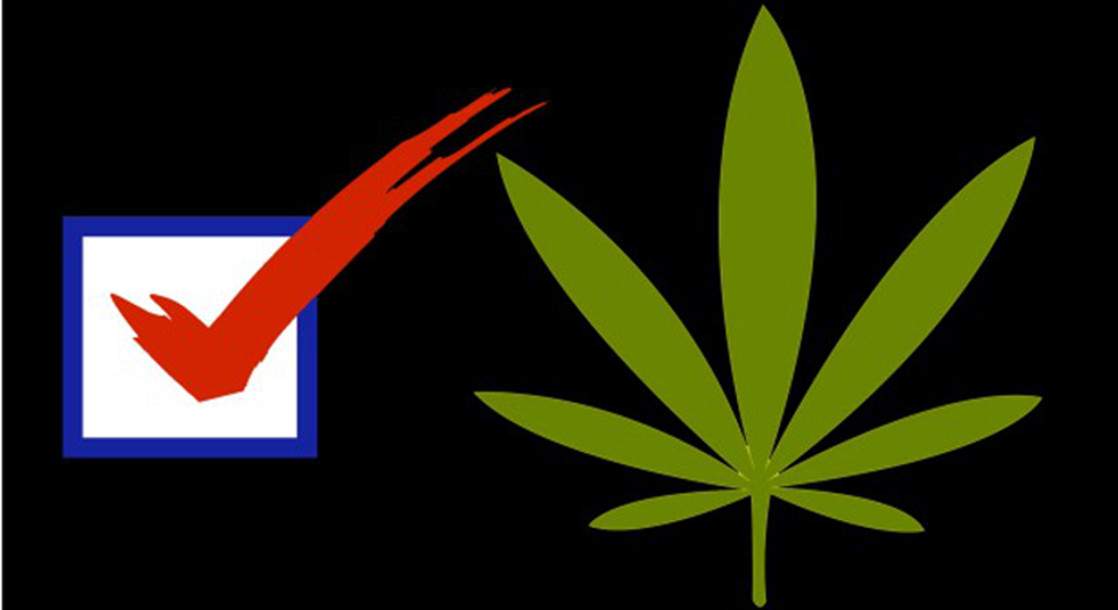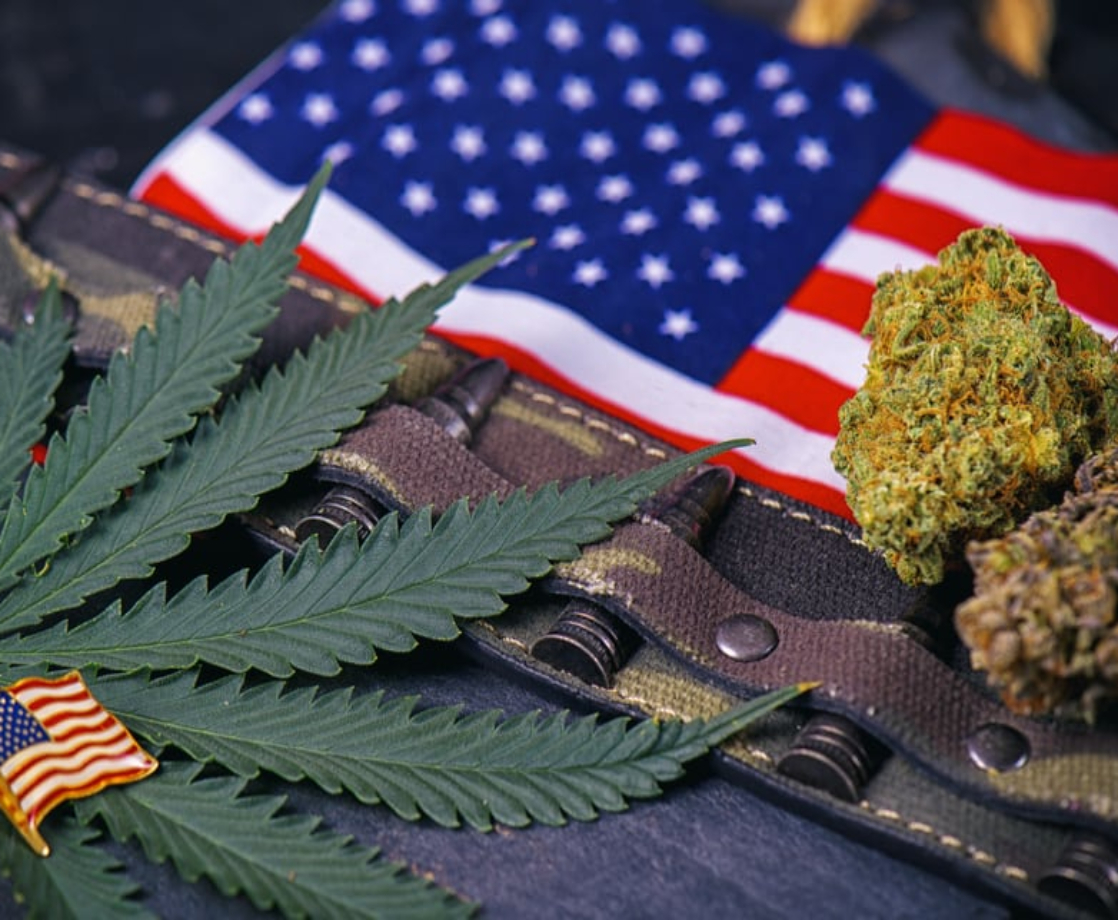Despite a historic U.S. presidential election which has sowed bitterness and division across the voting public, one thing Americans seem increasingly inclined to agree on is legalized cannabis. Out of nine states considering whether to approve marijuana-related ballot initiatives, polling results Tuesday night indicated eight of them confidently approved legalization of medical or recreational marijuana.
The first and third-most populous states in the union, California and Florida, are routinely considered bellwethers for policies other states will likely adopt, and despite picking different presidential candidates, both these electorates got behind cannabis legalization. California’s Proposition 64, which legalizes and regulates the recreational sale and use of cannabis for those over 21, won over 56 percent of voters, leading opponents by 10 points and closely aligning with earlier public polling predicting its passage. Possessing up to an ounce of whole herbal bud and up to eight grams of concentrates became legal in the Golden State at the stroke of midnight Wednesday morning, but citizens will have to wait patiently until 2018 to purchase it lawfully, when retailers and regulatory agencies for the adult-use sector are scheduled to open for business. Florida’s Amendment 2, which legalizes medical marijuana for those with debilitating conditions, constitutionally required a super-majority of at least 60 percent to pass, which a 2014 medical marijuana initiative failed to garner; however this time voters went above and beyond, with 71 percent supporting the amendment (demonstrating that throngs of Trump supporters can also hold liberal attitudes towards cannabis).
Two other exceptional triumphs unfolded in the east: a big win was announced early in the evening in Massachusetts, where 54 percents of voters said yes to Question 4, legalizing and regulating cannabis for recreational use in the northeastern state. Much later in the night, a tighter victory was announced in Maine, where 51 percent of voters endorsed Question 1 to legalize recreational cannabis. That state’s notorious drug warrior-governor Paul Le Page employed deceptive rhetoric in the weeks leading up to the vote to attempt to dissuade voters from affirming the measure, but it remains to be seen whether he could meaningfully interfere with its implementation. Legalization in New England marks the arrival of fully regulated recreational marijuana on the East Coast for the first time; while in the mid-Atlantic the District of Columbia has decriminalized use and possession, they haven’t yet allowed for commercial production or distribution of adult-use cannabis, meaning that Massachusetts and Maine will serve as the East Coast’s first laboratories for comprehensive cannabis policy.
Results for marijuana initiatives in the southwest were both bitter and sweet: Nevada passed its recreational marijuana measure, as anticipated for the liberal pleasure mecca, with 55 percent of the vote, though there too consumers will have to hold on until 2018 to buy it from a licensed retailer. While neighboring Arizona’s recreational ballot measure was projected by some to have a close chance of passage, it ultimately was defeated by 52 percent of voters. Despite the lobbying of the state’s medical marijuana industry (which was formed by the state’s 2010 medical marijuana law in a similarly tight contest), it appears that conservative attitudes remain firmly entrenched in the Grand Canyon State, where predictions that the state might swing blue for the presidency this election were soon dispelled by voters.
Yet medical marijuana initiatives in other reliably red states fared far better. Voter majorities in North Dakota and Arkansas endorsed medical cannabis by 64 and 53 percent respectively. Montana’s marijuana measure wasn’t technically for a brand new program, as the state has previously affirmed the lawful use of medical cannabis in 2004, but this election’s ballot measure, 1-182, sought to undo legislation enacted by the state legislature in 2011 which technically provided for medical use but virtually eliminated any legal way to obtain medical marijuana. Thankfully for Montana’s medical cannabis patients, the new measure passed by 55 percent and allows for the expansion of legitimate distribution.
While all this is good news for the intrepid advocates for legal cannabis across the country, what’s unknown at this moment is precisely how the Trump Administration, in conjunction with a Republican-controlled Congress, will regard the marijuana legalization projects currently taking place in over half the nation’s states despite a standing federal prohibition. Yet the fact that so many red-state voters voted for both the president-elect and legalized cannabis could mean that marijuana may at long last be considered a non-partisan issue; time will soon tell.











